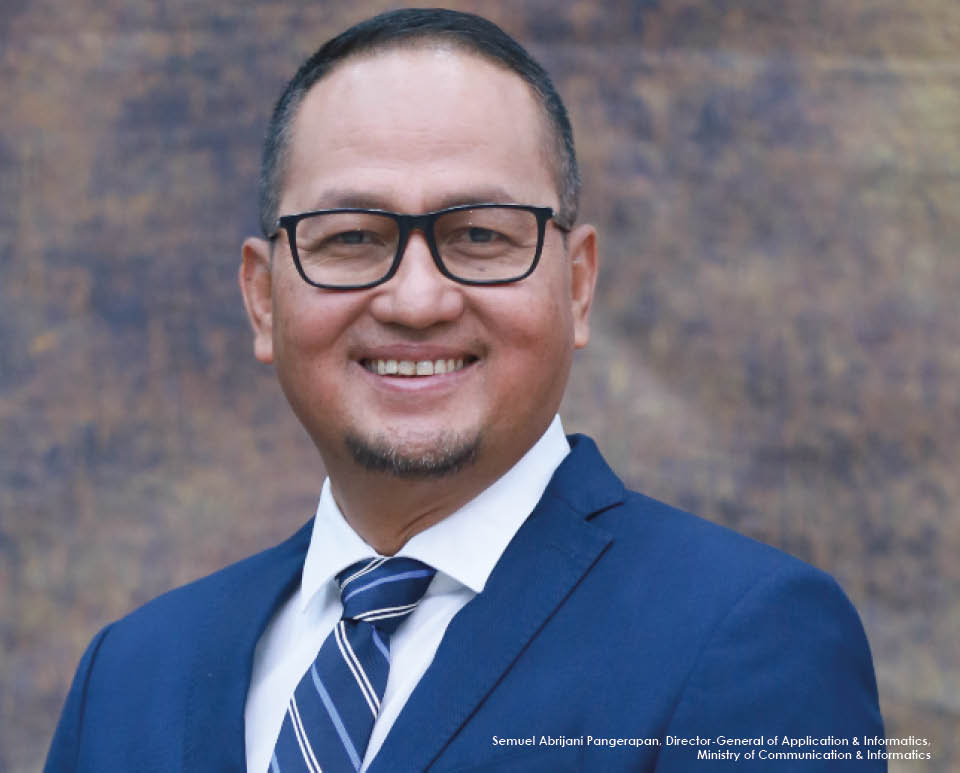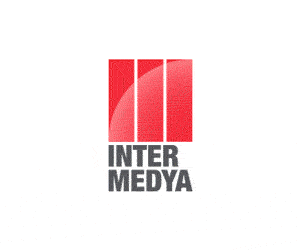
As Indonesia builds a digital economy, the country is on the warpath against online pirates and illegal operators of everything from sports betting to unauthorised video streaming. If Telegram seems to be the latest target, Indonesian authorities are crystal clear about their equal-opportunity approach to taking down anyone and anything that threatens to derail their ambitions. Bluntly and simply, their message is: “We’re coming after you. You have been warned”. As the mission ramps up, we spoke to Semuel Abrijani Pangerapan, director-general of application & informatics at Indonesia’s Ministry of Communication & Informatics.
How would you like to see platforms, such as Telegram where pirates and illegal operators are flourishing, adjust their behaviour in Indonesia? “Every application or platform Indonesia has to comply with our regulations, including Telegram. If they operate in Indonesia, they have to follow our law. This includes our prohibition on pornography, gambling, violence... They also have to make sure they honour copyright. This is our policy.”
Pirate sites have been operating in Indonesia for years, and you’ve been blocking them for years. What’s driving the renewed action? “We’ve blocked more than 5,000 illegal streaming websites, since 2019. We are in the process of building our digital economy... if platforms won’t follow our regulations, too bad for them. We will block them. We cannot build adigital economy if we don’t honour IP.”
Is there a piracy priority list? Do you consider some operators worse than others in terms of their impact on the Indonesian economy? “Illegal streaming on any content is prohibited in Indonesia. Some of these sites also promote illegal gambling in Indonesia. We are taking this matter very seriously. Its all a priority... and a matter of how we utilise our resources in the fight.”
What kinds of resources are you deploying? “Among other things, we have hundreds of people crawling sites, we use AI, we open public reporting channels...and we take action.”
How are you structuring this latest fight? ...
As Indonesia builds a digital economy, the country is on the warpath against online pirates and illegal operators of everything from sports betting to unauthorised video streaming. If Telegram seems to be the latest target, Indonesian authorities are crystal clear about their equal-opportunity approach to taking down anyone and anything that threatens to derail their ambitions. Bluntly and simply, their message is: “We’re coming after you. You have been warned”. As the mission ramps up, we spoke to Semuel Abrijani Pangerapan, director-general of application & informatics at Indonesia’s Ministry of Communication & Informatics.
How would you like to see platforms, such as Telegram where pirates and illegal operators are flourishing, adjust their behaviour in Indonesia? “Every application or platform Indonesia has to comply with our regulations, including Telegram. If they operate in Indonesia, they have to follow our law. This includes our prohibition on pornography, gambling, violence... They also have to make sure they honour copyright. This is our policy.”
Pirate sites have been operating in Indonesia for years, and you’ve been blocking them for years. What’s driving the renewed action? “We’ve blocked more than 5,000 illegal streaming websites, since 2019. We are in the process of building our digital economy... if platforms won’t follow our regulations, too bad for them. We will block them. We cannot build adigital economy if we don’t honour IP.”
Is there a piracy priority list? Do you consider some operators worse than others in terms of their impact on the Indonesian economy? “Illegal streaming on any content is prohibited in Indonesia. Some of these sites also promote illegal gambling in Indonesia. We are taking this matter very seriously. Its all a priority... and a matter of how we utilise our resources in the fight.”
What kinds of resources are you deploying? “Among other things, we have hundreds of people crawling sites, we use AI, we open public reporting channels...and we take action.”
How are you structuring this latest fight? “We are not working alone. We work with stakeholders across sectors We also work closely with the big global platforms, and they are keen to help us. Piracy hurts business. If business is not good, the country suffers”.
What about co-operation between government departments and the private sector? “We cooperate heavily with other ministries, the private sector and with law enforcement, as well as with industry associations. It’s good that video industry players have formed their own association; this makes it easier for us to act together to protect the whole industry.”
Where do you think Indonesia loses most from illegal streaming? “Content providers lose because they aren’t getting the full return on their investment. And the government loses because it’s not receiving tax revenue from these illegal operators. And the creators, the artists, lose. This is not good for Indonesia, or any country.”
Are you modelling your anti-piracy activities on any particular regulator or organisation elsewhere in the world? “No. We are building our own systems. We have strong regulations and have been very clear about our goals. Other countries want to follow us.”
What real actions are you taking? “We send warning letters, and wait not only for a response, but for action as well. A letter is a letter, but action is more important for us.”



















